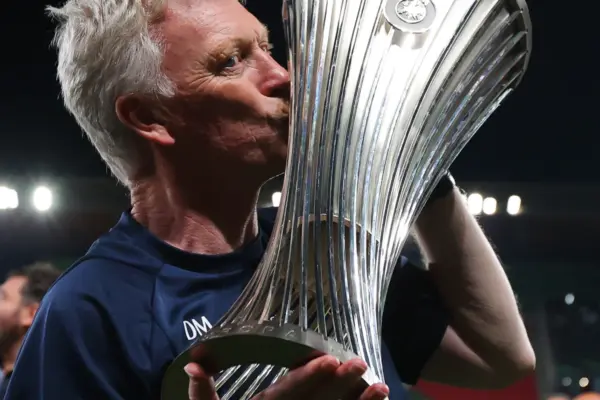
Introduction
The transfer of Jordan Henderson, former Liverpool FC captain, to Saudi Arabian club Al-Ettifaq has stirred considerable discussion within the football community. As a player known for his leadership on the pitch and his significant contributions to Liverpool’s recent successes, this move signifies not only a new chapter in Henderson’s career but also highlights the rising profile of football in the Middle East.
The Transfer Details
Henderson’s transfer to Al-Ettifaq was completed in July 2023 for a reported fee of around £12 million. The agreement, which was part of a broader trend of high-profile players joining clubs in the Saudi Pro League, saw the England international opting for a lucrative contract that offers the chance to play in a league that is rapidly evolving into a competitive force in global football.
In the wake of his move, Henderson expressed enthusiasm about the project at Al-Ettifaq, stating, “I am really excited to be here and to contribute to the growth of the club. It’s a new challenge for me, and I can’t wait to get started.” His decision, however, has faced scrutiny from fans and pundits alike due to perceived conflicts regarding Saudi Arabia’s human rights record and the implications of players endorsing such regimes.
Impact and Reactions
Immediately following the transfer, reaction from fans and analysts was mixed. Many Liverpool supporters felt betrayed, viewing Henderson as a symbol of the club’s resurgence under manager Jürgen Klopp. His departure not only leaves a gap in leadership but also incites concerns about the future of Liverpool’s midfield strategy. Meanwhile, Al-Ettifaq fans welcomed him warmly, hoping his experience will bolster the team’s performance in the league.
Additionally, Henderson’s move has implications for the broader football landscape; it indicates a shift whereby players are willing to pursue lucrative opportunities outside of traditional powerhouses in Europe. This trend has become increasingly evident as the Saudi Pro League invests heavily in talent, aiming to improve its competitiveness and global standing.
Conclusion
Jordan Henderson’s tenure at Al-Ettifaq is still in its early stages; however, his legacy at Liverpool as a captain and key player is firmly established. This pivotal transition raises questions about the future of professional football as monetary incentives play a larger role in players’ decisions. As football continues to evolve, Henderson’s career choices might influence other players contemplating similar paths. This case represents the confluence of sporting ambition, financial considerations, and the increasingly global nature of the sport.
You may also like

The Rise and Recent Developments of Paris Saint-Germain F.C.

Barcelona vs Rivals: Understanding the Historic Football Rivalry
